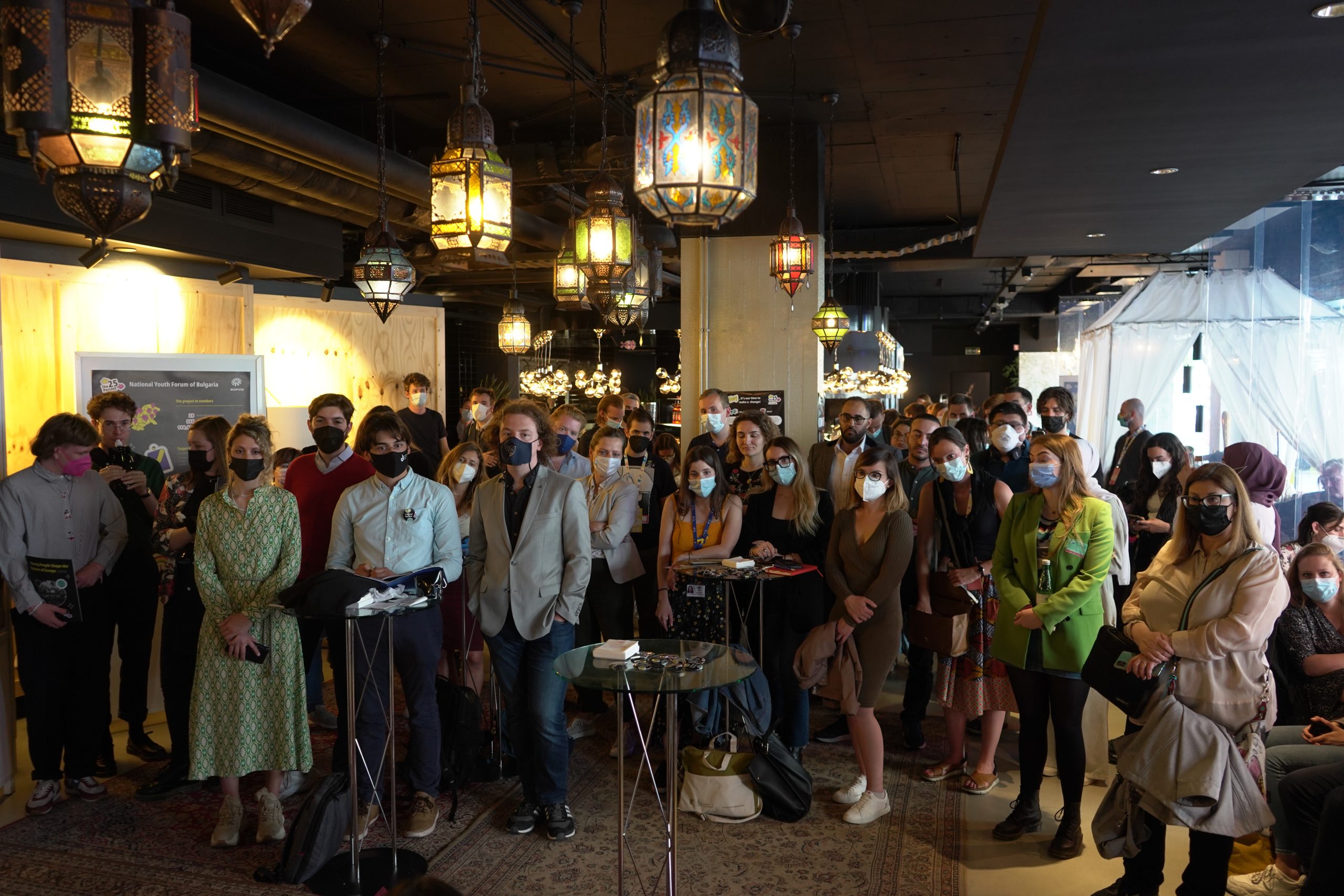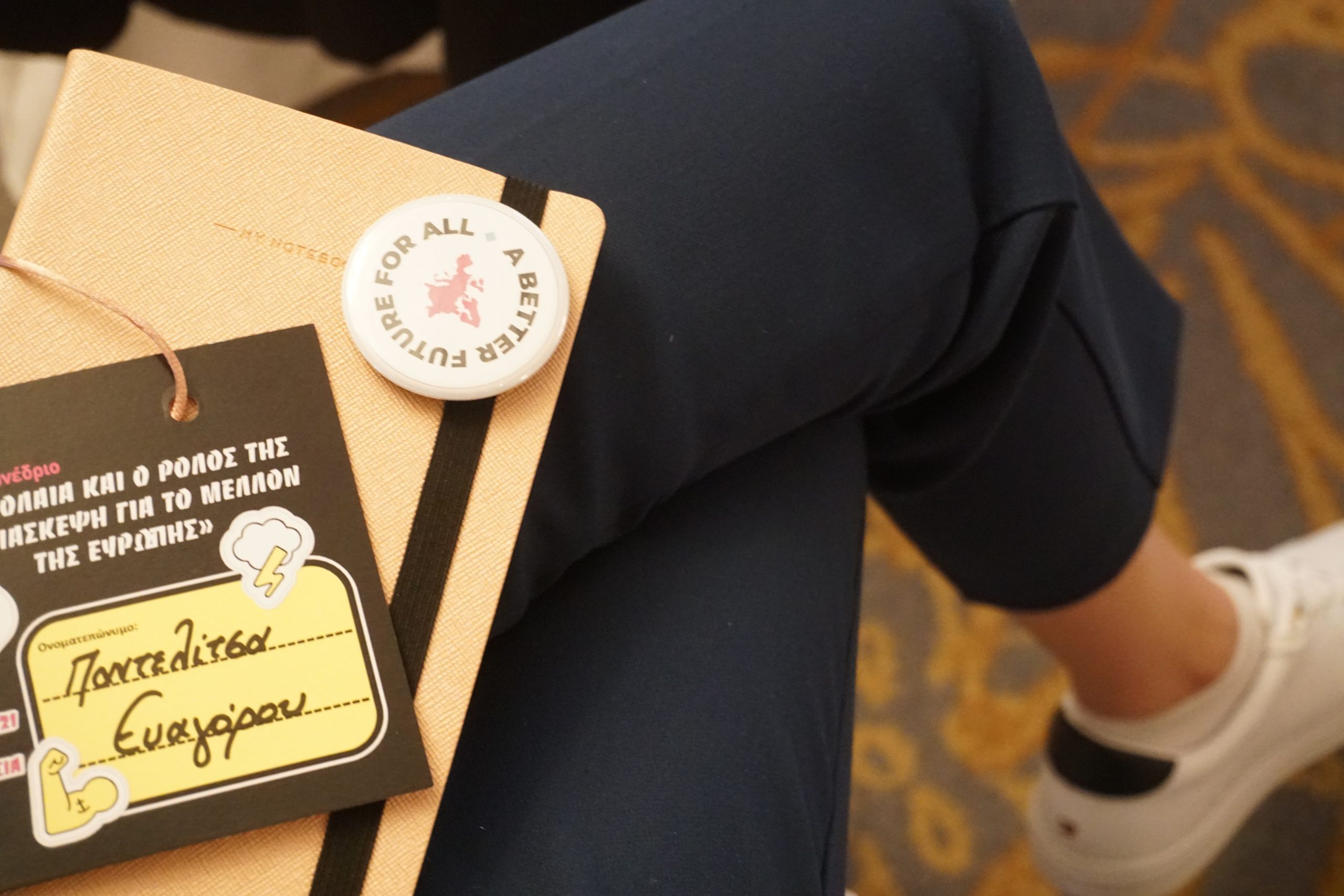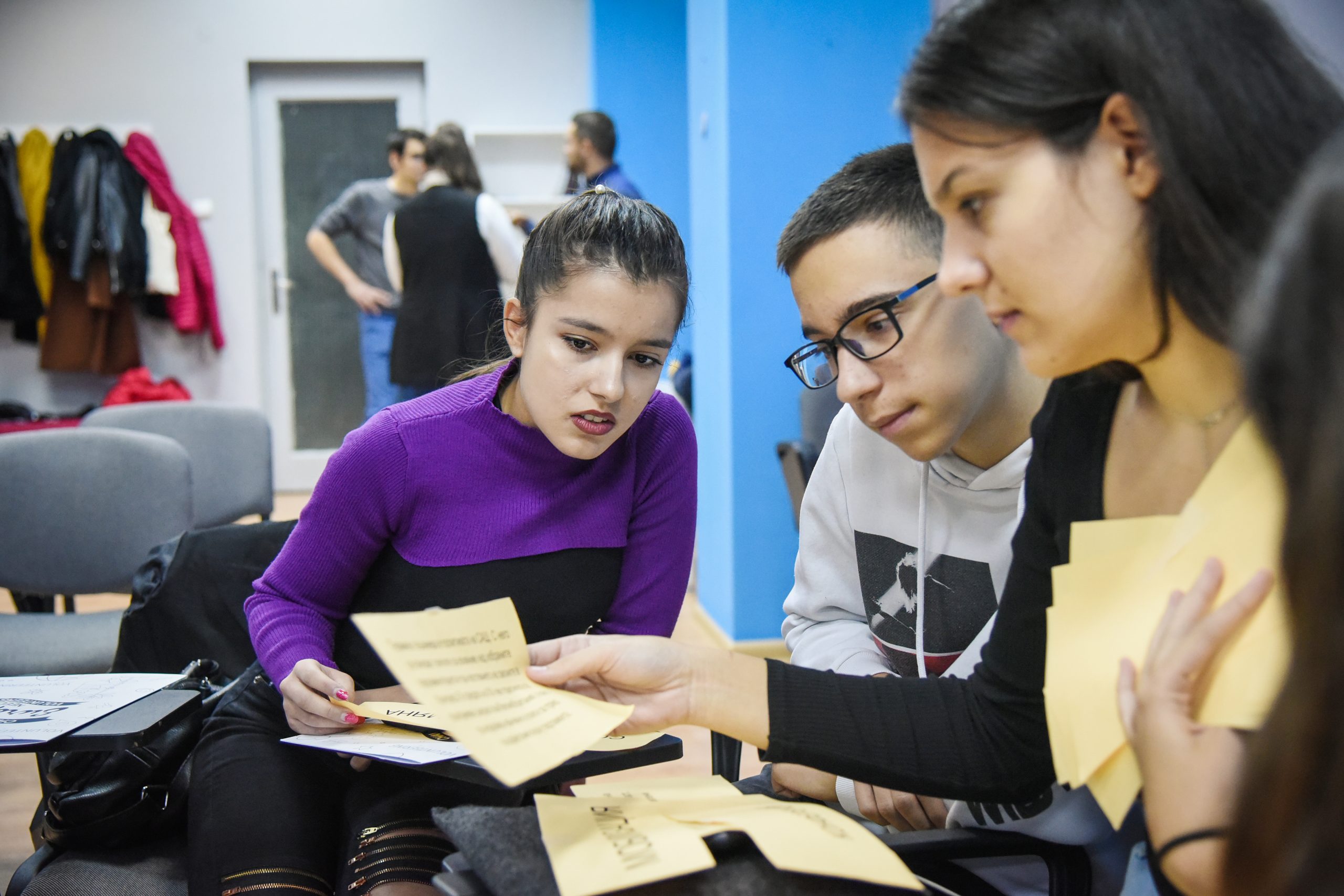Alejandra Piot Pérez-Abadín: From Instagram to Activism
We had a fantastic time with Alejandra, a young Spanish woman who suddenly realised she was an advocate. A simple interest in gender equality, LGBTQI+ rights and mental health transformed into online activism, but no worries, this is not slacktivism.
Q. Alejandra, it is super nice to have you here with us! You do a lot of interesting things online about many important topics, before going into any of these, can we ask you how that happened?
Well, I studied communication and I still work in communication, so, I feel very comfortable with social media, which are a great tool to reach out to people. If I post something on mental health or gender equality I can reach out to a lot of people, if compared to those I could reach offline, especially in these times, and I feel I can really make a change for people’s minds. It started very naturally: I have just my personal Instagram account. At the beginning, I started following some interesting accounts, then I started sharing their posts and then I started creating my own content.
Q. You mainly use Instagram, right? How is it working for you to talk about gender equality, LGBTQI+ rights and mental health?
Yes, my main platform is instagram, sometimes I use Twitter to engage in conversations. I barely use Facebook and recently I opened a TikTok account. I think that Instagram and TikTok are good places to do activism as their algorithms work in a way that if you nail the topic, potentially all the people around the world interested in that may see it.
Q. You share content about a lot of interesting topics, but let’s start by talking about mental health. In your opinion, why potentially everyone should be interested in that?
Mental health is as important as physical health, because without one or the other, all areas of one’s life are potentially affected. To put this more simply, have you ever felt anxiety before an exam? Everyone has been through that. You may not have a disorder, but you may feel anxious sometimes and this has an impact on your day.
Q. Indeed, true. You talk about your topics drawing from your personal experiences using your own social media accounts… Where do you put boundaries?
I decide what I share and what I do not. Normally, I put things into a general context, so that people can draw parallelism between what they experience and what they are reading. So far, I have not received negative comments about this.
Q. Do you ever receive negative comments?
Not necessarily negative, but people try to show that my argument is weak when I post about gender equality or LGBTQI+… but I know my arguments, so I know how to respond. Sometimes it is fun, other times it is a bit frustrating, but I mean, that is it.
Q. I think this is one of the dangers of online activism, is it difficult to withdraw from a flame?
It depends, if I do not know the person, there are no insults and I do not want to inflame the flame, I do not respond. If the comment is without insult I respond that I do not agree, but that it is their opinion. If there are insults, I just do not reply. If I know the person, I say that I understand people have different opinions but that at least they should be expressed respectfully. Sometimes, I just do not have the mental energy to engage and respond, so, I have learned to let it go: we do not have to be activists 24/7.
Q. Was it a conscious decision the one you made the first time you did a post about these issues? Have you thought something along the lines “From now on I will use my social media to do activism?”
No, it was not a conscious decision, I just did it because I was experiencing things which related to mental health. It took a long time, but eventually, when I realised that it was something normal, that potentially anyone can have, I started talking about this more openly. Regarding LGBTQI+ issues and gender equality, since I had some knowledge about this, I felt confident speaking about these, then I started posting things on these issues. It was a very gradual process.
Q. And was there a moment when you realised that what you were doing was activism? Or have you always known to be an activist?
I think nobody is born an activist, but everyone can become one: when I started doing these things I didn’t even realise it was activism! (laughs)
Q. If any, what are your goals as an activist?
I just want to raise awareness in my immediate community: I want to share with them why these issues are important. The most common feedback I get is that people have learned something about these things, even after years! This brings me joy as I contribute everyday to small changes.
Q. Do you also engage offline?
Well, I am a facilitator and I work with groups of young people. When I do training activities, I try to gather all the information on the topic and make sure that my sources are trustworthy (people have studied and know the matter in depth). However, I really put myself into it. For example, a couple of weeks ago, I told participants that I have anxiety. The participants said that the fact that I made myself vulnerable, created a safe space for them where to be comfortable in sharing something about themselves. Another thing I do is to ask people to share their knowledge and what they have learned from experience.
Q. That must have been quite a learning experience in both ways! I can imagine you have a lot of ideas and things to share about how to improve things in relation to gender equality, LGBTQI+ rights and mental health, so, if you were to suggest something to be changed at the political level to foster measures which could change things for many people, what would you say?
My goal is not to advocate for certain measures, I prefer to focus on my immediate community. However, if someone wants to engage in advocacy, I would suggest to use social media and reach out to policy makers and start a conversation there: they want to be approachable, and we can really contact them to tell what should change, especially now that there is the Conference on the Future of Europe.
Q. Thank you Alejandra! Before we say “bye for now”, would you like to share with us one of the most rewarding things about your activism?
I was invited to a conference to talk as an expert by experience on mental health thanks to my involvement with Euro Youth Mental Health. Of course I was not giving any medical advice, I was merely sharing my experience and that was very powerful: I felt in control of what to share and what not with such a large audience. I felt in control of my vulnerability.
And that it was a blast! It was very nice to talk with Alejandra about what we can do online, how it impacts on people and also about vulnerability: nobody is a superhero, and sometimes, our vulnerabilities are our strengths.
Pictures Credits: Javier Pedromingo



